
Release of 2nd Guide Centering Justice in Embodied Carbon Policies: Just and Equitable Land Use Transition
Year Completed: 2025
Building on previous work, this resource for local governments, community organizations, and other government agencies, features practical examples from real-world scenarios, together with exploratory questions, guide the user through a process that centers meaningful community participation in considering social and economic impacts and opportunities rooted in an understanding of the local context.

CNCA Joins “RISE-IN” Project to Bridge Environmental Resilience and Finance.
CNCA is part of the consortium “RISE-IN”, funded by the European Climate, Infrastructure and Environment Executive Agency (CINEA) and HorizonEurope to pioneer a new approach to climate adaptation. Through a unique blend of climate risk assessment, stakeholder co-creation, and social innovation, RISE-IN transforms cities into living labs for sustainable, scalable and financially attractive interventions.
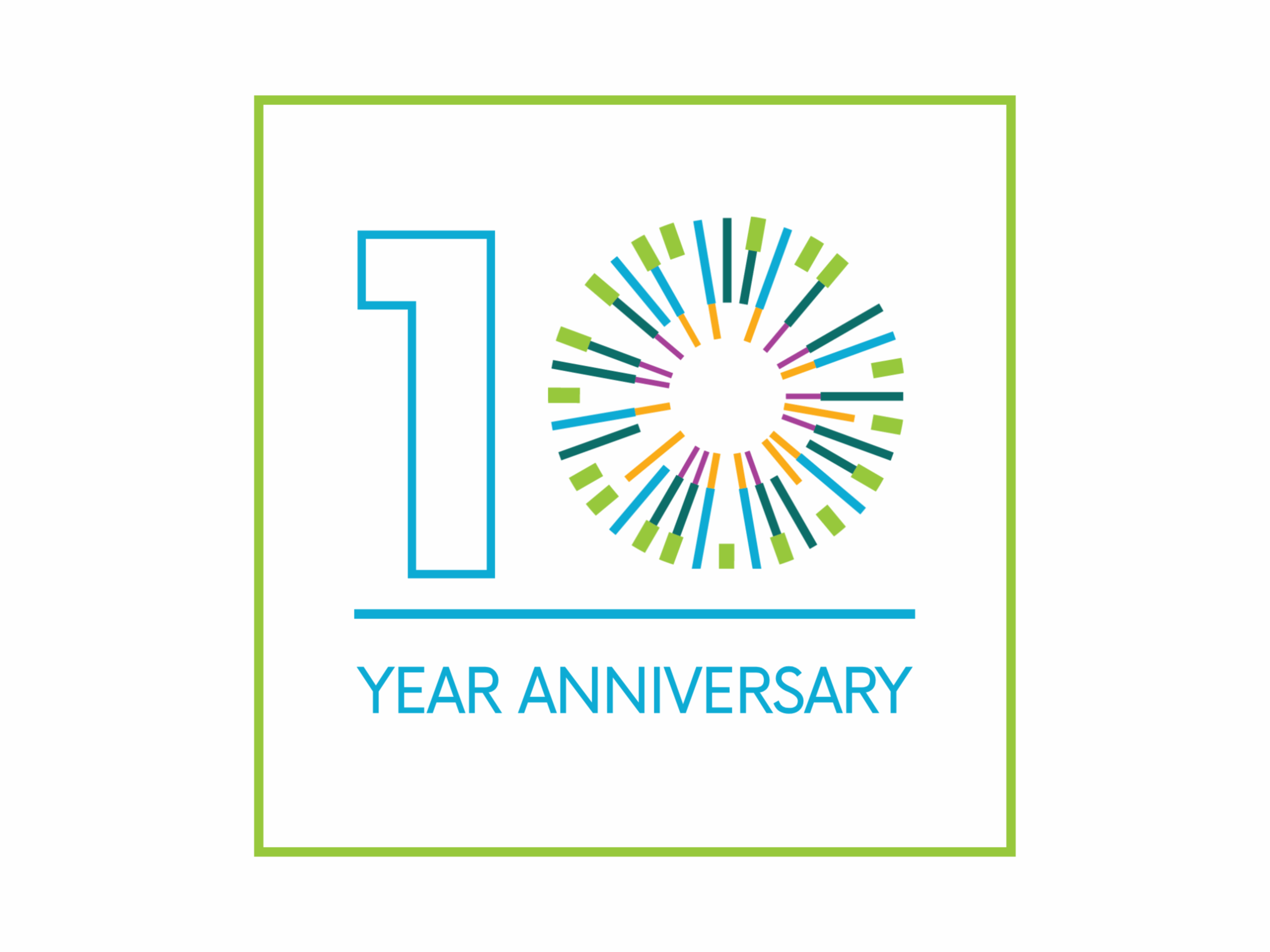
10 Years of Bold, Collaborative Climate Action
CNCA’s alliance of global cities marks key milestones in achieving carbon neutrality over past decade and into the future.

World Environment Day
2025 Op-ed
As climate change accelerates, cities are proving essential to climate progress. CNCA member cities are leading the way with bold renewable energy, building, and transportation strategies that show how local action can drive global change.

Inside a Rikers Island Kitchen, Dull Knives and Critical Jobs
The food on Rikers Island is getting its most significant overhaul in roughly 15 years. A year ago, NYC received a $100,000 grant from the Carbon Neutral Cities Alliance to develop plant-based recipes for Rikers and retrain its cooks.

Controlling the “Big Four”
Big things cities can do to become carbon neutral: Power generation, transportation, building operations, and waste management tend to be the biggest sources of carbon emissions, so most cities’ climate action plans focus on those areas.

Lack of Skilled Workers Could Delay Climate-Proofing Europe’s Homes and Cities
Europe’s ageing buildings are particularly vulnerable to the damaging effects of climate change. The job of adapting the spaces to better withstand rising temperatures and more frequent extreme weather events is set to be made even harder by a lack of construction workers with the right expertise.

Going Green in Cities: 3 Leadership Lessons From London
There’s concern that a global backlash against climate policies is in full swing and that running on climate isn’t good for political campaigns. By leading on climate in the ways shown in this article, elected officials can be confident that climate can, in fact, be a winning platform.

How Portland Should Use $587M Raised for its Clean Energy Fund
The Oregon city imposed a 1% tax on its biggest businesses, with the money going to communities most impacted by climate change. But there’s controversy about what that means.
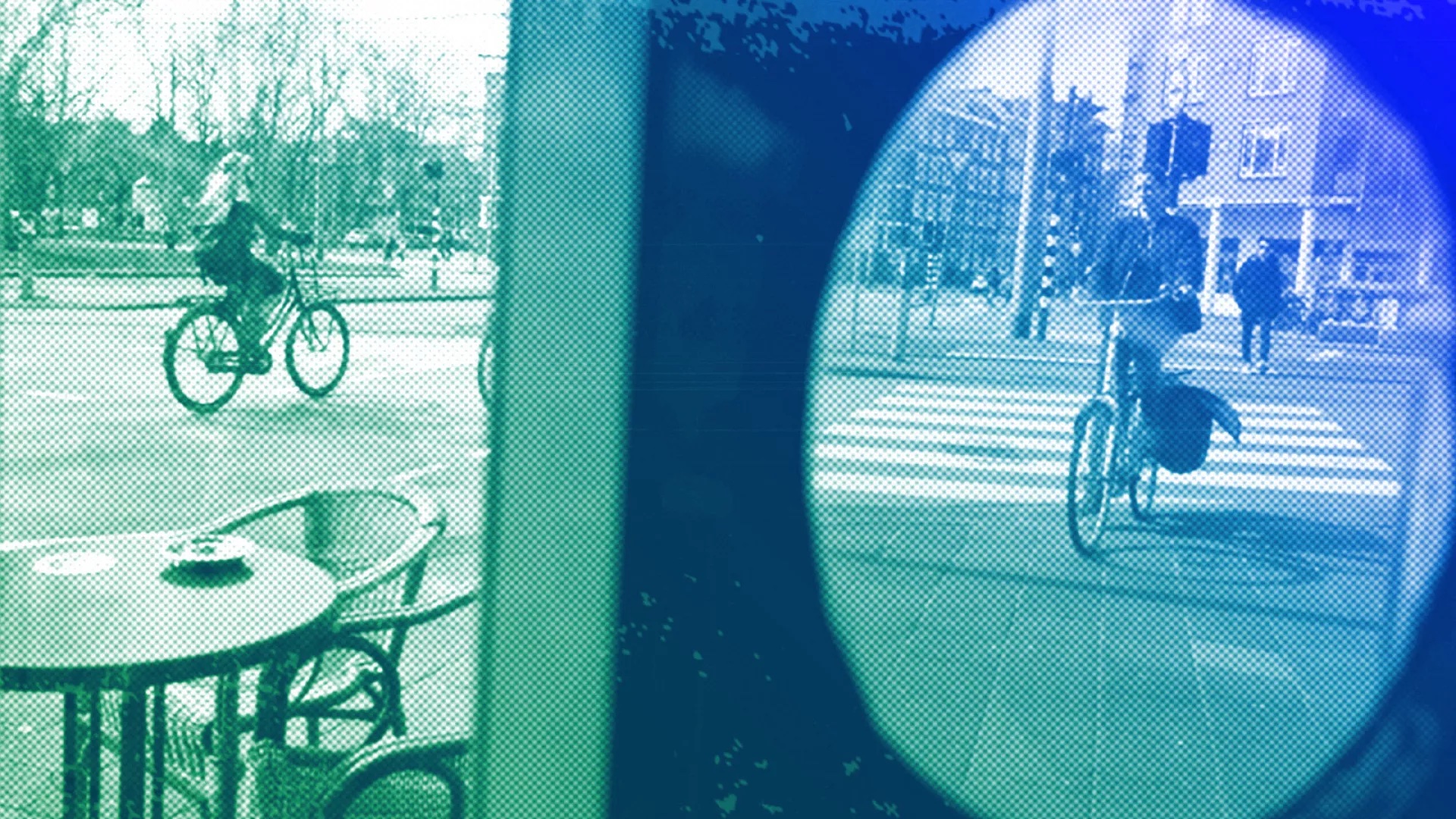
European Cities Are Becoming Climate CHAMPs
All of the examples from Oslo, Stockholm, and Amsterdam represent new thinking and creative approaches to decarbonizing a complex system in a partnered, multi-leveled way. And that’s the future of climate action and policy.
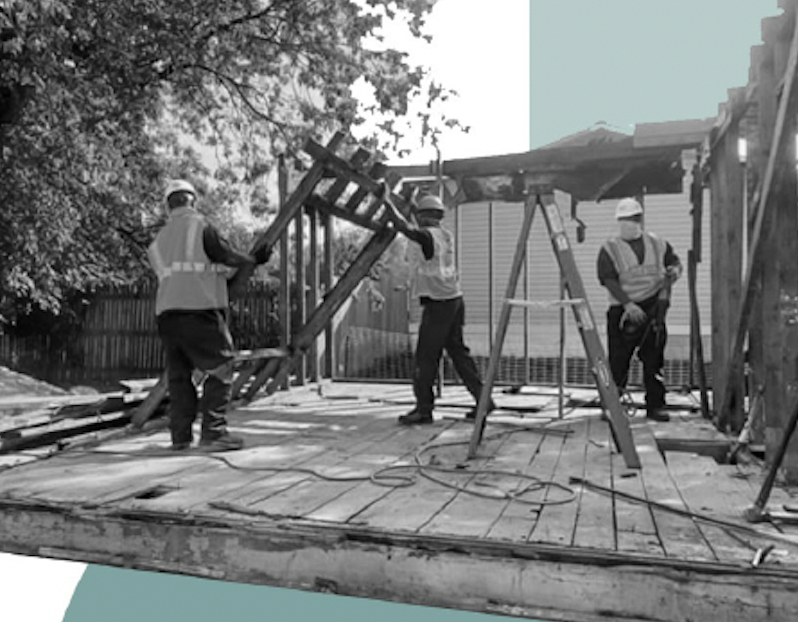
Release of Guide Centering Justice in Embodied Carbon Policies
Year Completed: 2024
A new guide and workbook for applying justice principles to materials resource management, new construction, and alternatives to demolition.
Embodying Justice in the Built Environment: Circularity In Practice explores justice principles and provides a framework for centering justice in embodied carbon policies and planning. Exploratory questions, designed as a workbook, guide the user through a process which centers meaningful community engagement in considering social, economic, and labor impacts and opportunities rooted in an understanding of the local historical context.
Created by researchers in the Just Places Lab, Reparative Praxis Lab, and Circular Construction Lab at Cornell University in partnership with the Susan Christopherson Center for Community Planning and the Circularity, Reuse, and the Zero Waste Development (CR0WD) Network.
- Press Release
- Webinar Recording of an information session on the workbook, presented with a panel discussion by the project team, and featuring questions and insights from webinar participants.

Launch of Handbook for Carbon Neutral Building
CNCA & Arup offer technical solutions for cities to make buildings climate positive with bio-based & low-carbon materials.

NYC’s Commitment To Reducing Carbon Emissions From the Food the City Serves
How NYC is getting plant-based meals into schools, hospitals, and jails.
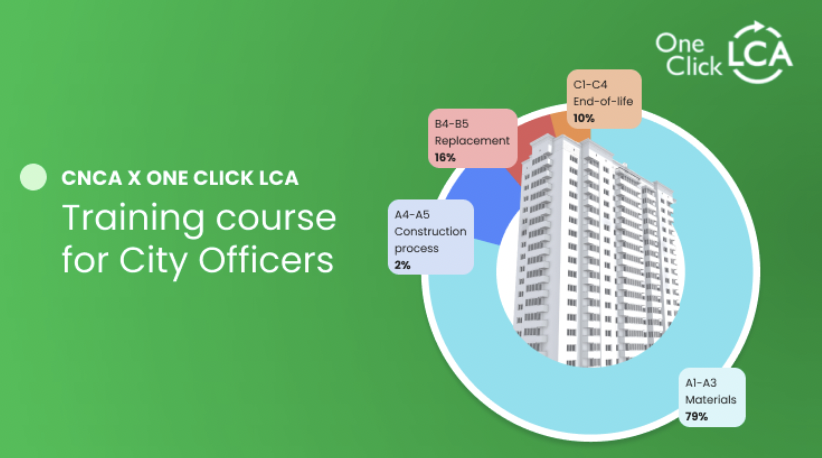
CNCA’s 1st Online Course: Intro to Embodied Carbon
Free certification: Life cycle, biobased materials & circularity in construction.
Available Now.
As of 2023, CNCA and One Click LCA offer free certificate course available online for city officials on life cycle analysis, biobased materials and circularity in construction.
Learn More
CNCA Creates Consumer Emissions Policy Framework
CNCA & Gaia Consulting illustrate cities’ pathways to reduce Scope 3 emissions from Food, Textiles & Appliances.
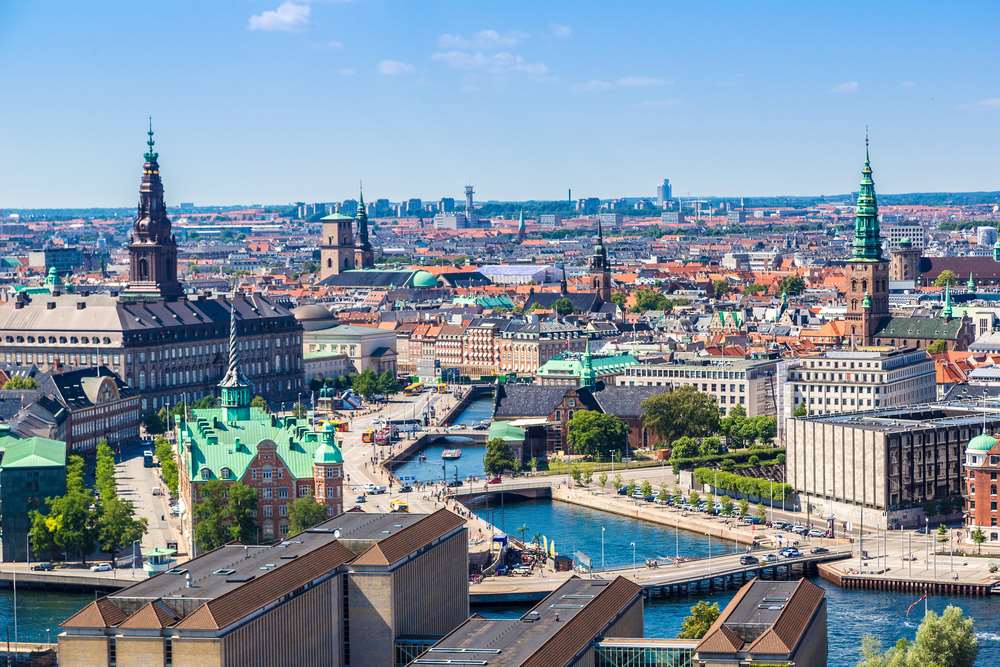
Copenhagen’s Hyper-Local Approach
How the City is embedding local climate officers within the community.

Toronto’s Poop Power
How the world’s largest raw wastewater energy transfer system is being built.

Helsinki’s Creative Communications
How Helsinki is using apps and competitions to mobilize behavior change.
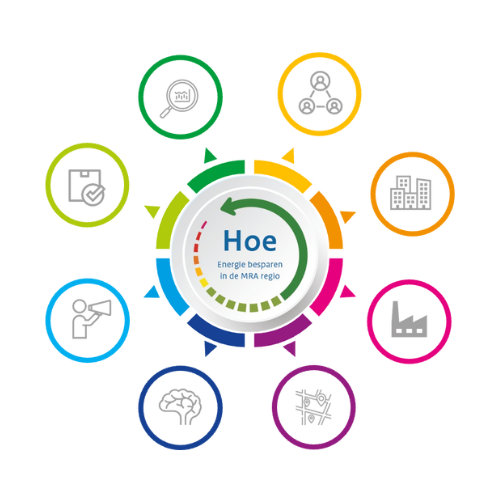
Amsterdam’s Action Networks
How Amsterdam is using ‘Action Networks’ to reduce citywide gas use by 15%.

Oslo’s Climate Budget Trailblazing
In 2016, Oslo became the world’s first city to adopt a climate budget.

San Francisco’s Creative Climate Plan Messaging
Most climate action plans are long, dry documents that few people understand. San Francisco decided to change that.

Washington DC’s Urban Agriculture Leadership
5 reasons why cities should create an office of urban agriculture.
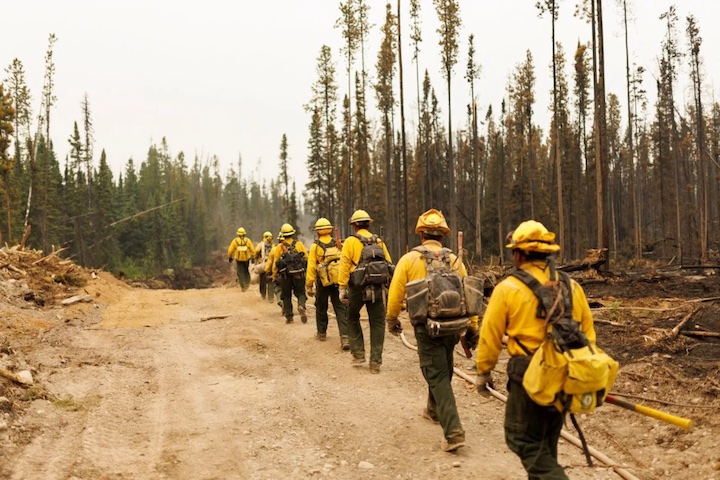
Sydney’s Support of Indigenous Wildfire Prevention
Indigenous peoples’ knowledge of halting wildfires should be tapped more often as climate change stokes blazes from Canada to Australia.
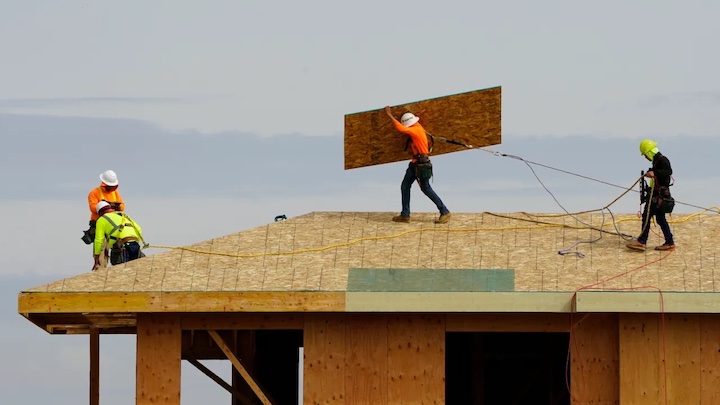
CNCA’s Built Environment Messaging
Climate activism can’t leave out the built environment — it generates half of emissions.
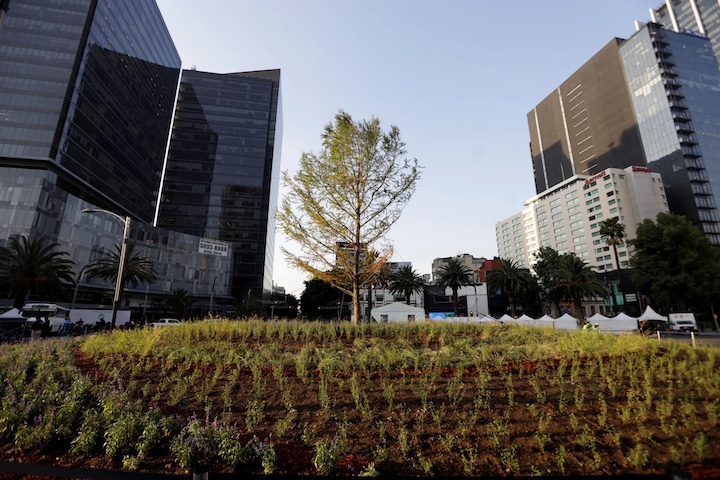
CNCA Cities’ New Roles to Tackle Climate
What new job titles do cities need to tackle climate change?
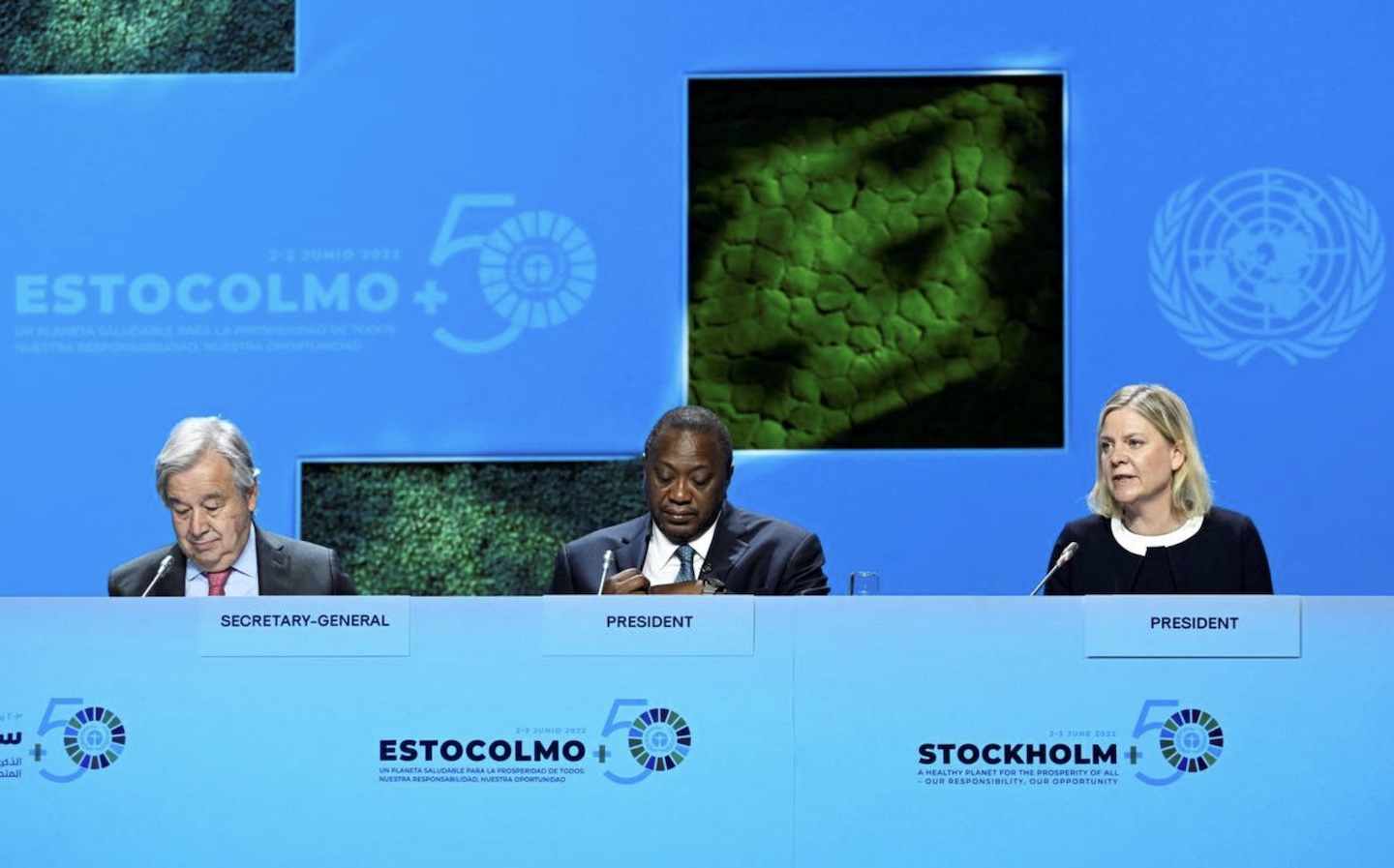
CNCA’s Guide for Talking Climate Change
To win real climate action, we need to clearly show how that benefits people – and talk more frankly about the risks of inaction.


